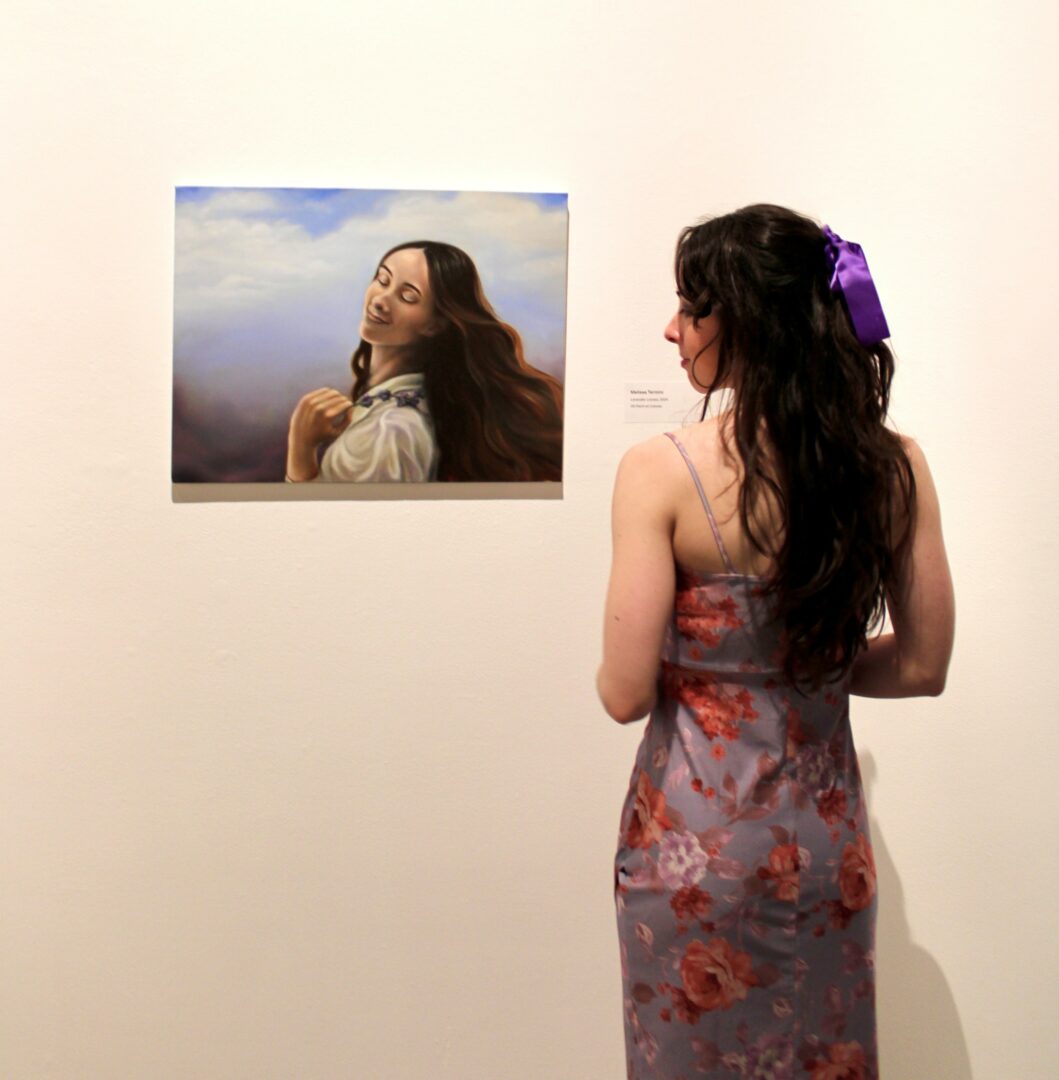We caught up with the brilliant and insightful Melissa Termini a few weeks ago and have shared our conversation below.
Melissa, thanks so much for taking the time to share your insights and lessons with us today. We’re particularly interested in hearing about how you became such a resilient person. Where do you get your resilience from?
My resilience is forged by a rigorous life. In education, rigor refers to being challenged academically, intellectually, and personally. As both an educator and interdisciplinary artist, I see the parallels in both my teaching and personal journeys, and draw strength from them.
Each chapter of my life has had its own rigorous challenges. In high school, I struggled with social anxiety, especially when trying new things, meeting people, and navigating peer cliques. Art class became an escape where I developed confidence and motivation. My high school art teacher was kind, attentive, and skilled. She inspired me to become an art teacher myself to give back what she gave me to my own students.
In undergrad, I balanced two jobs, full-time classes, volunteer work, playing a sport, and the uncertainty of starting college during the pandemic. Later, I survived a life-altering car accident. Through it all, art remained a creative anchor. I pushed myself, got into art shows, earned recognition, and graduated exhausted yet fulfilled.
Now, in my final semester of a teaching credential program, I am teaching middle school full-time while attending night classes. It has been the most demanding season yet. I have had little time for art, socializing, or rest. Some days, resilience looks like just making it to bed. In this rigorous period, I remind myself that if I can survive this semester, I can survive them all.
I used to think I had no choice but to push forward. Now I realize I do have a choice. Choosing to keep going, or to pause, pray, and intend to move forward when able, is resilience in itself.
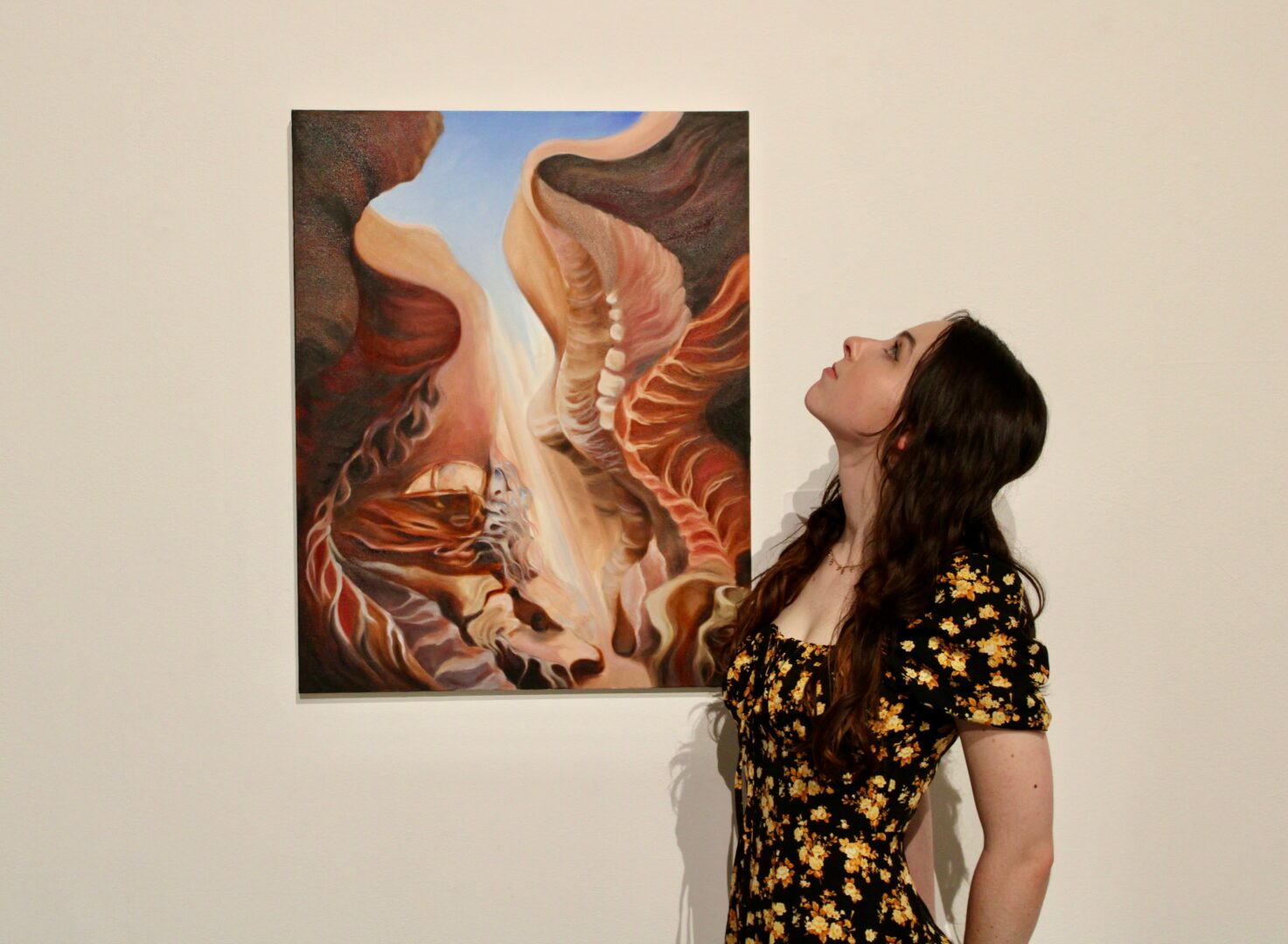
Appreciate the insights and wisdom. Before we dig deeper and ask you about the skills that matter and more, maybe you can tell our readers about yourself?
Professionally, I am an artist and art educator based in Los Angeles, California.
As a full-time classroom teacher, I have the blessing and responsibility of training my middle school students to develop artistic behaviors and skills. I do this by both setting parameters and allowing for student choice within the media, process, and interpretation of projects. Because my aim is to teach artistic behaviors in addition to skills, I ensure each lesson is infused with a hidden curriculum that encourages creativity, critical thinking, and artistic personality traits. Currently, my students know they are learning a curriculum regarding identity, self representation, and skill to create animal portraiture. What they are not directly told is I am also teaching them Studio Habits of Mind such as endurance and persistence. Their last unit for the semester will be a personal project where they can either expand upon something they learned, or explore something they are interested in that we did not cover. They will create project proposals that outline their own parameters, planning, unit project, and deadlines.
As a practicing artist, I create art which illustrates my own personal experiences, through abstractions of nature or replications of life. I use my training in traditional oil painting methods in conjunction with intentional abstractions to show a narrative. The flowing quality of my oil paintings provide solace, processing, intrigue, and aesthetics to the viewer and myself. I enjoy exhibiting and sharing my artwork to connect with others and see other inspiring artwork. Because it is my last semester of earning a teaching credential, I have largely used my creative energy to work on smaller projects and plan for an upcoming series that experiments with physical and metaphorical elements of prisms and personality facets.
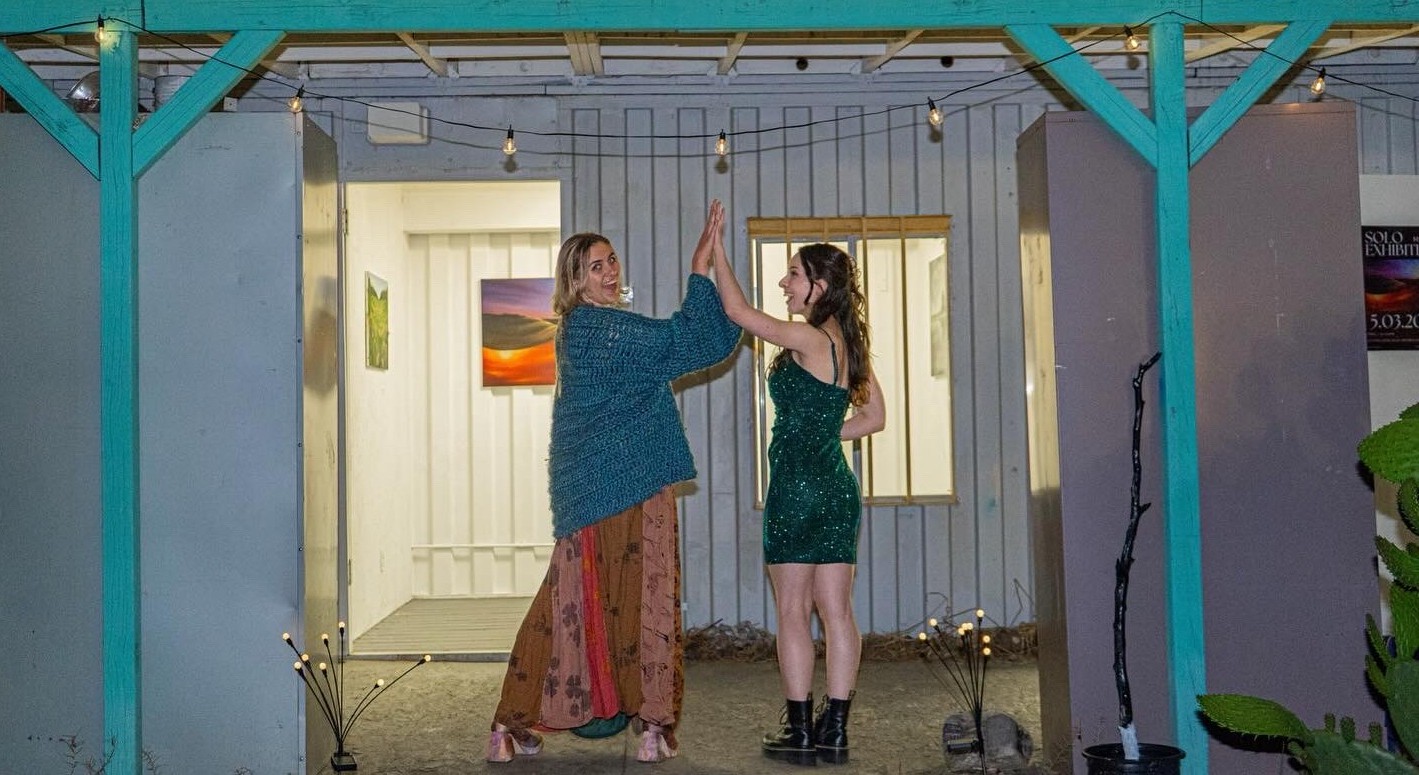
Looking back, what do you think were the three qualities, skills, or areas of knowledge that were most impactful in your journey? What advice do you have for folks who are early in their journey in terms of how they can best develop or improve on these?
Looking back, three essential qualities and skills have shaped my journey: reflection, humility, and preparation.
To start, reflection has been a consistent habit for me. I journal every night, create yearly scrapbooks, paint independently, and carve out time when possible just to think. Those moments of reflection help me process and appreciate each experience for what happened, for what it teaches me, and where it goes from there.
Secondly, humility has also played an influential role. To me, practicing humility includes being willing to put yourself out there, even if it means embarrassment by societal standards. It is about knowing and recognizing who you are . . . nothing more, nothing less. One quote that has stuck with me is from Mother Teresa: “If you are humble, nothing will touch you, neither praise nor disgrace, because you know what you are.” The mindset within that quote has helped me stay grounded throughout compliments and critique, success and failure.
Lastly, there is the practice of preparation. While some situations require winging it, I plan ahead whenever I can. One benefit of being an overthinker is preparing for many scenarios. For example, I meal prep for the week every Sunday, check the weather nightly before laying out my outfit for the next day. Before starting an art project, I make lists, diagrams, mood boards, stay open to pivoting, and seek feedback. A quote I revisit often is, “If you fail to plan, you plan to fail.” I first heard it in a Taylor Swift song, though it originally came from Benjamin Franklin.
If I were to give advice to someone early in their journey, I would suggest these things: try things that excite you. Say yes to opportunities. Treat every experience as part of the joy of being alive. Take care of your physical and mental health. Invest in relationships with others, with yourself, and greater purpose. Contemplate the bigger picture, including the ephemeral quality of life and what comes after. And throughout your journey, have a plan to sustain you along the way.
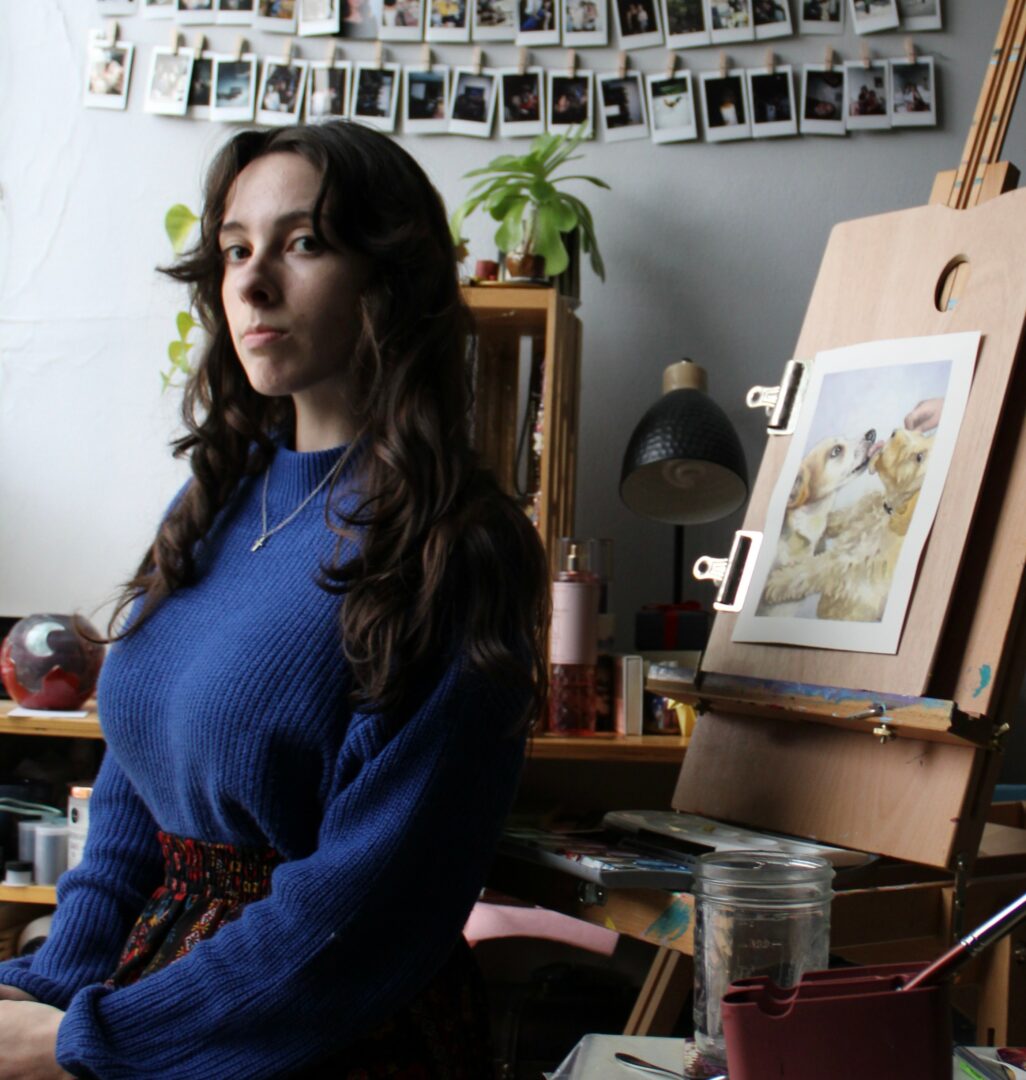
How would you spend the next decade if you somehow knew that it was your last?
If I knew I only had a decade of life left, I would spend that decade doing largely what I am doing right now.
I would finish my credentialing, continue teaching, create and exhibit art, take care of my physical, mental, and spiritual health, spend time with loved ones, and try new things. The truth is, I do not know when my life will end. I could have a decade left, for all I know. I have heard people answer similar questions by saying they would quit their jobs and live extravagantly. In my reality, I need to pay the bills, stay grounded, and help others, to live well.
That said, one thing I would start doing more than I do now would be traveling. Traveling can be EXPENSIVE, which is why I travel once a year presently. If I knew I only had to plan ahead for ten years left instead of planning for a lifetime, I would invest more resources in traveling and those pricier experiences.
Contact Info:
- Website: https://theartbymelissa.weebly.com/
- Instagram: https://www.instagram.com/art.bymelissa/
- Other: https://www.etsy.com/shop/theartbymelissa
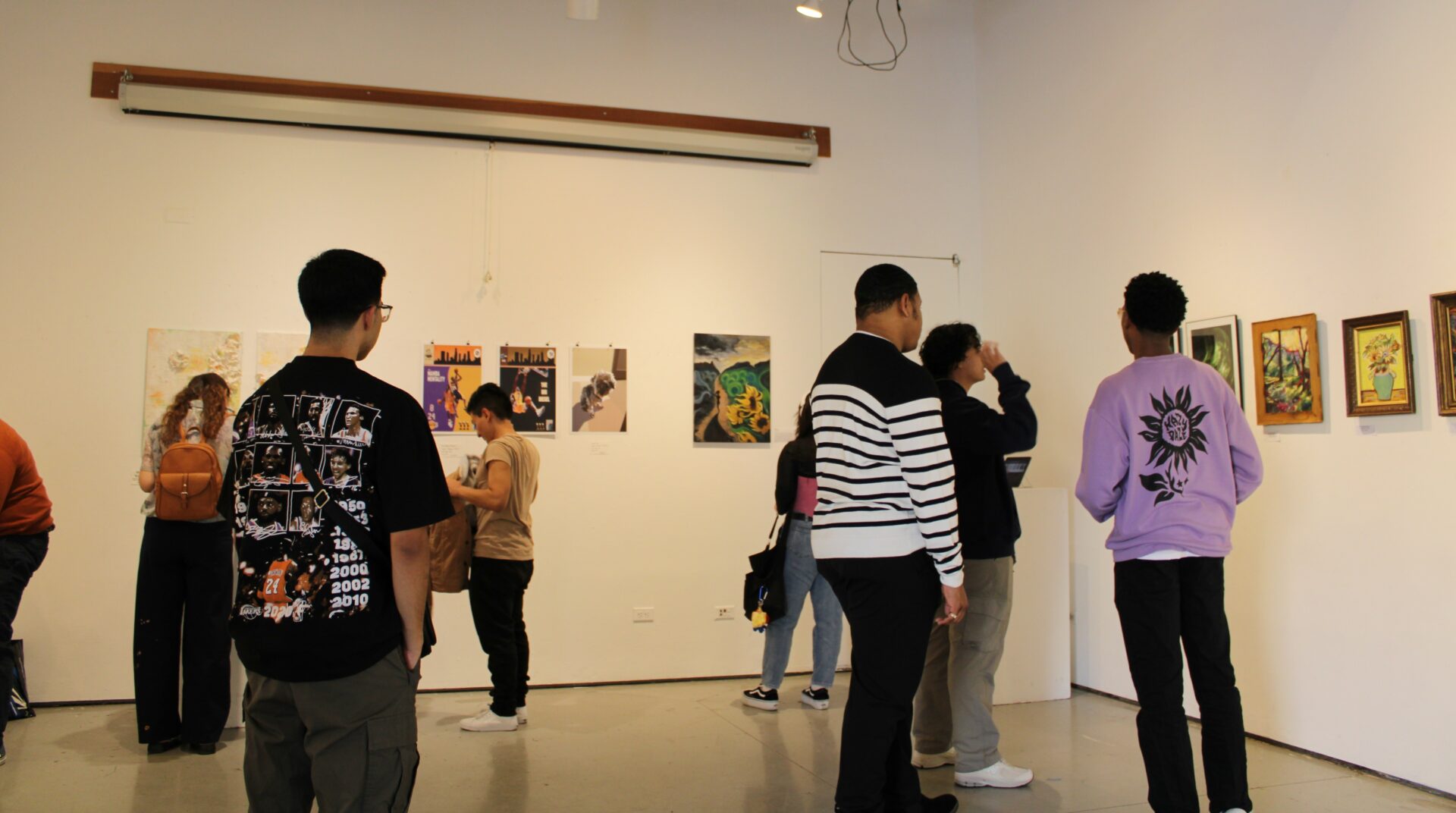
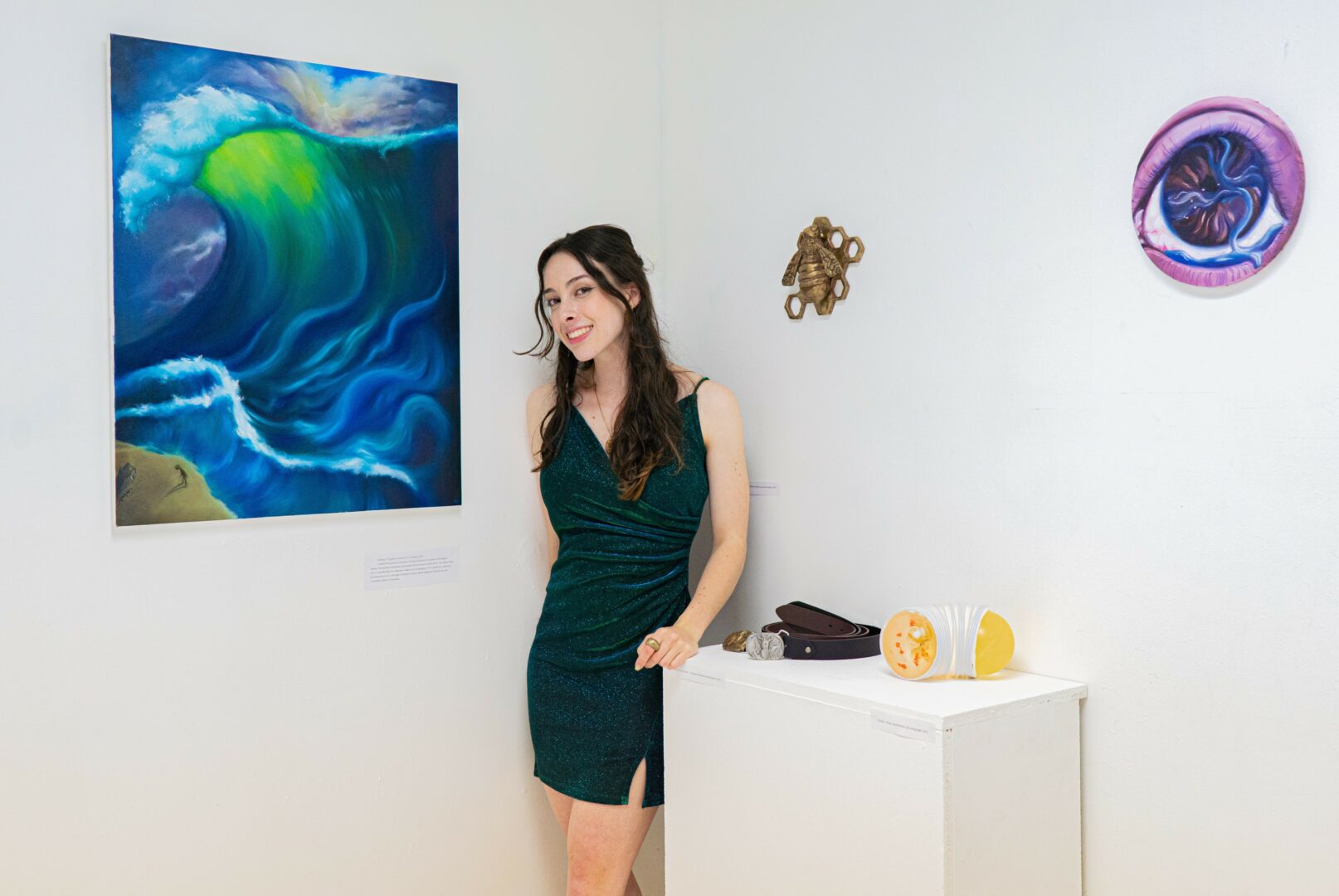
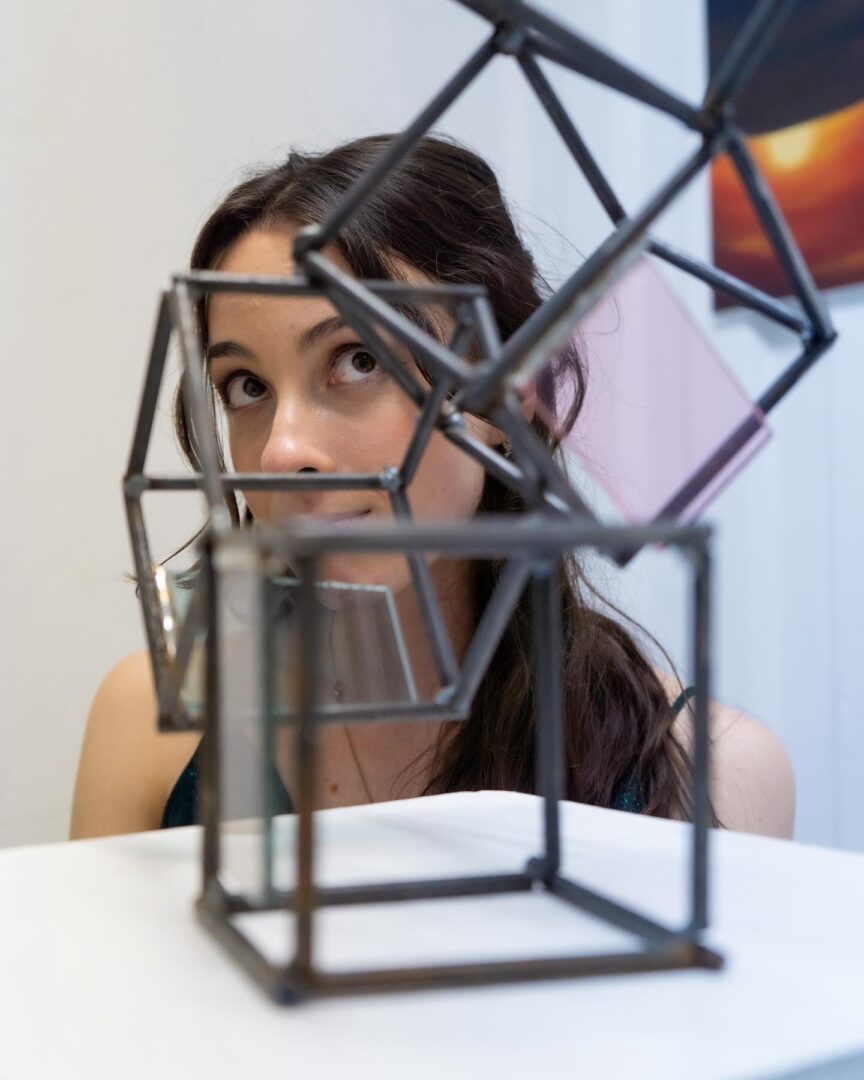
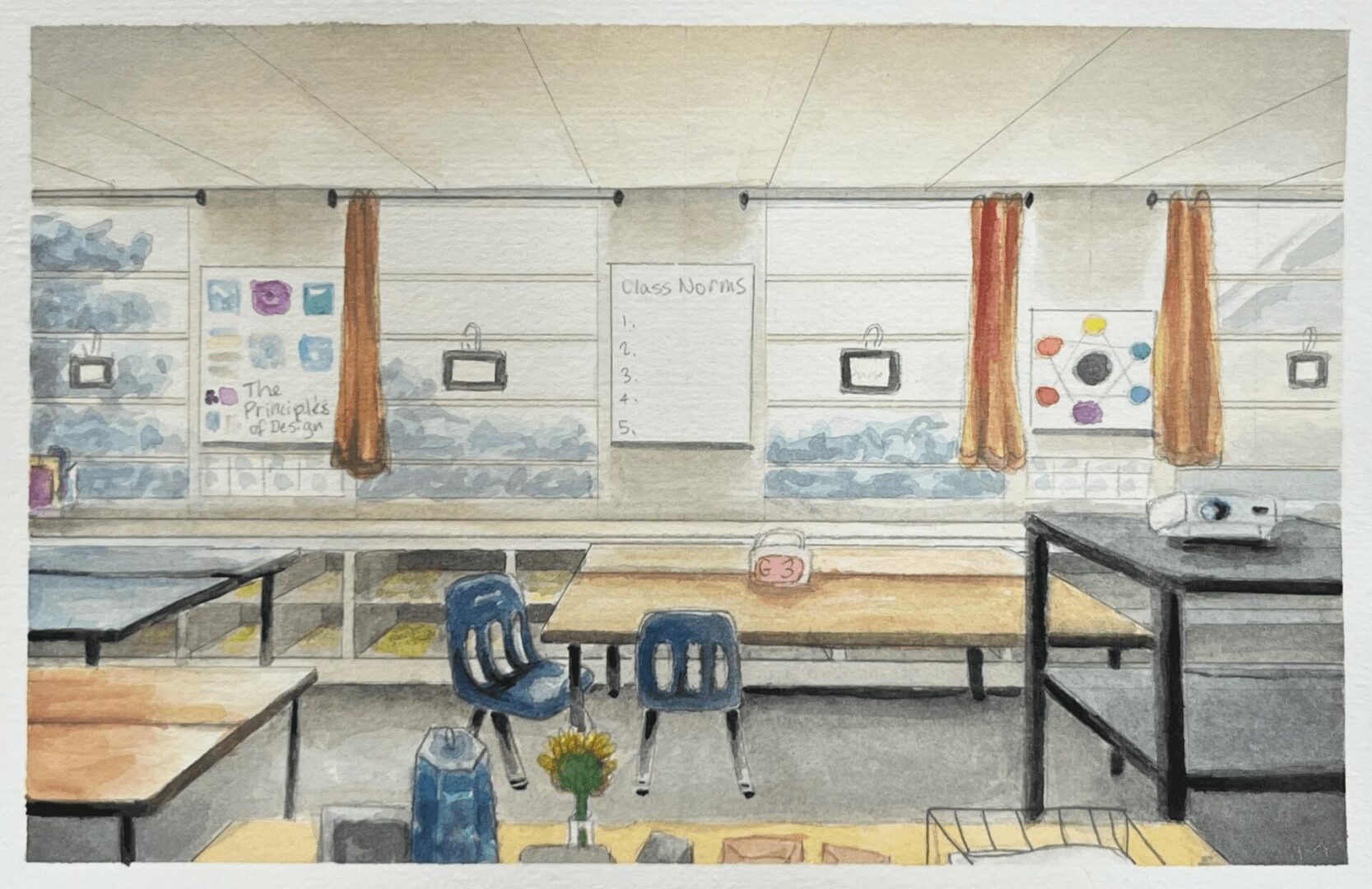
Image Credits
Colby Bangasser
so if you or someone you know deserves recognition please let us know here.

